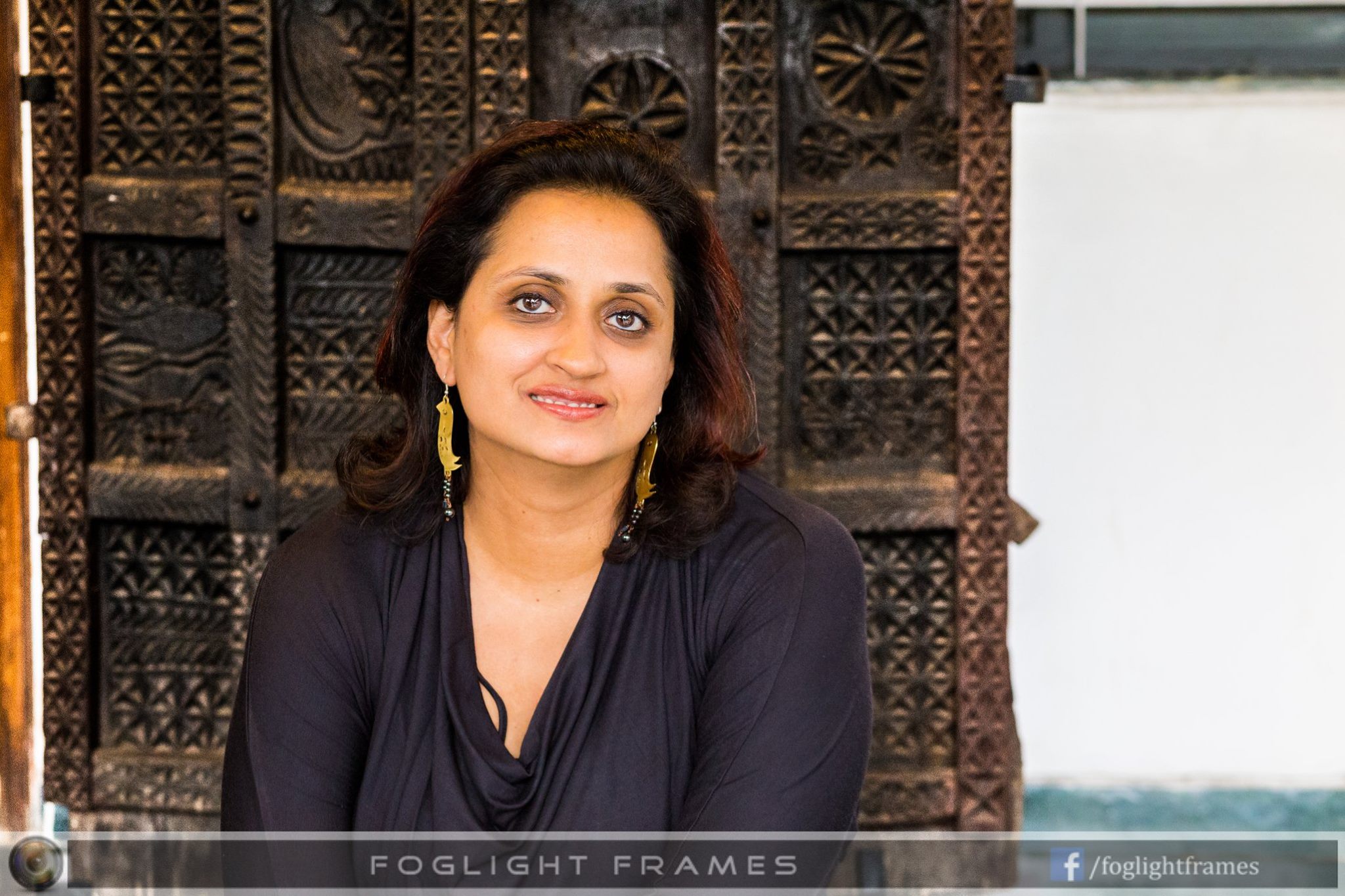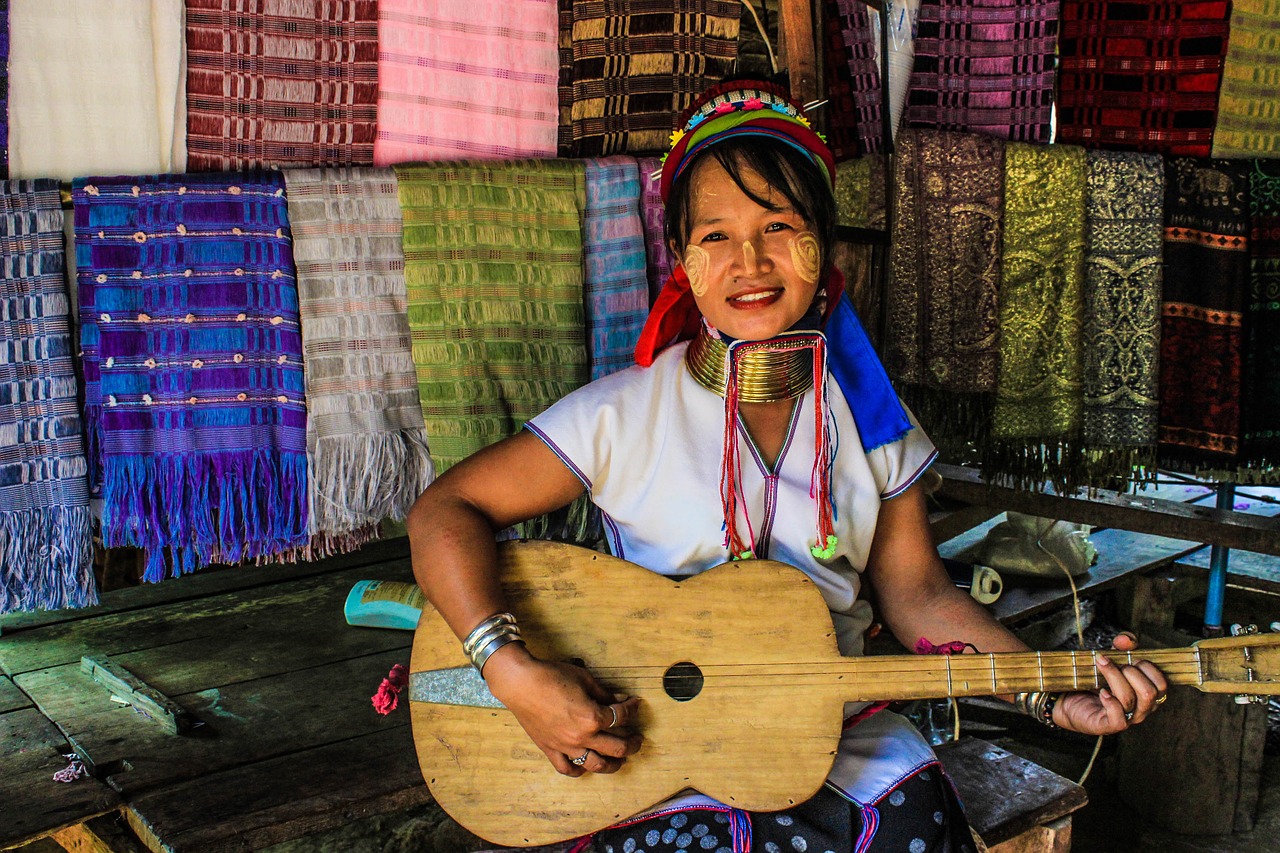I grew up in a solidly middle-class Tamil Brahmin household, in the 80s. The values my folks espoused, values that have stood me in good stead till today, included ambition, frugal living, hard work, spirituality, and a very strong sense of right and wrong. These have been my lodestars that helped drive decision-making for much of my adult life, and I am grateful for them.
The one value, however, that I did NOT inherit was ‘joy’. Don’t get me wrong, Joy certainly hovered in our lives, as a frequent, if somewhat unplanned visitor. It was something to be experienced, in moderation. But we didn’t consciously seek it out, we didn’t engineer it into our daily lives, and we certainly did not use Joy as a guiding map through life’s decision matrix.
So, imagine my shock, when I shifted to a new culture—Thailand and discovered that Joy was a central guiding principle of Thai Culture. ‘How frivolous’ was my first reaction! Pleasure Seekers!! (As if pleasure is bad).
‘Sanuk’, the Thai word for ‘joy’, is actually broader than the English word ‘joy’. It connotes harmony, peace, pleasure and joy. All decisions—certainly major ones, and even day to day ones, must answer affirmatively to the question ‘Sanuk mai?’ (Is it joyful?)
This sense of ‘Sanuk’ of course means that Thais are more pleasure seeking than most cultures, but it also translates into a playfulness, of avoidance of unnecessary conflict, of engineering joy into even the most mundane, day to day situations.
A typical Thai office or workplace is filled with camaraderie and teamwork. People are cracking jokes, they are helping each other, and there is very little workplace politics. Placing harmony and joy almost over anything else means that people value balance between work and life, they value their contentment, more than they value winning the rat race. A confrontation destroys sanuk and so, confrontations are usually avoided.
Sanuk also means that people feel freer to pursue their passions, one reason likely that Thailand is not famous for its engineers or its MBAs but has some of the most creative people in the world I have met. The value placed on sanuk is so high, even their protests are marked with it. I lived in Bangkok during the 2010 red shirt protests which lasted several weeks. I lived a few blocks away from the centre of the protests. Barring a few violent days at the very end, the protests were not only peaceful, they resembled a street party! There were street vendors serving up amazing fare, there was music blaring from the stage, interspersed with speeches, of course, and the protesters were in general bonhomie—happy to pose with the numerous curious tourists wanting to pose with them. Imagine that!
Personally, I benefitted a lot from learning to apply the sanuk lens to my daily decision making. Looking for and finding joy in the minutiae of daily living has taught me gratitude. By making joy my guiding light, I have learnt to have the courage to follow my passions and to nurture them—be it writing, entrepreneurship or volunteering.
And it has taught me the importance of humour in maintaining harmony. And all of these have contributed to my overall well-being and happiness.
So how can you incorporate sanuk in your life? It is surprisingly simple: Prefix every decision, every day, every relationship with ‘Sanuk mai?’
Want to share your story of how you thrive? Write to us at [email protected]


